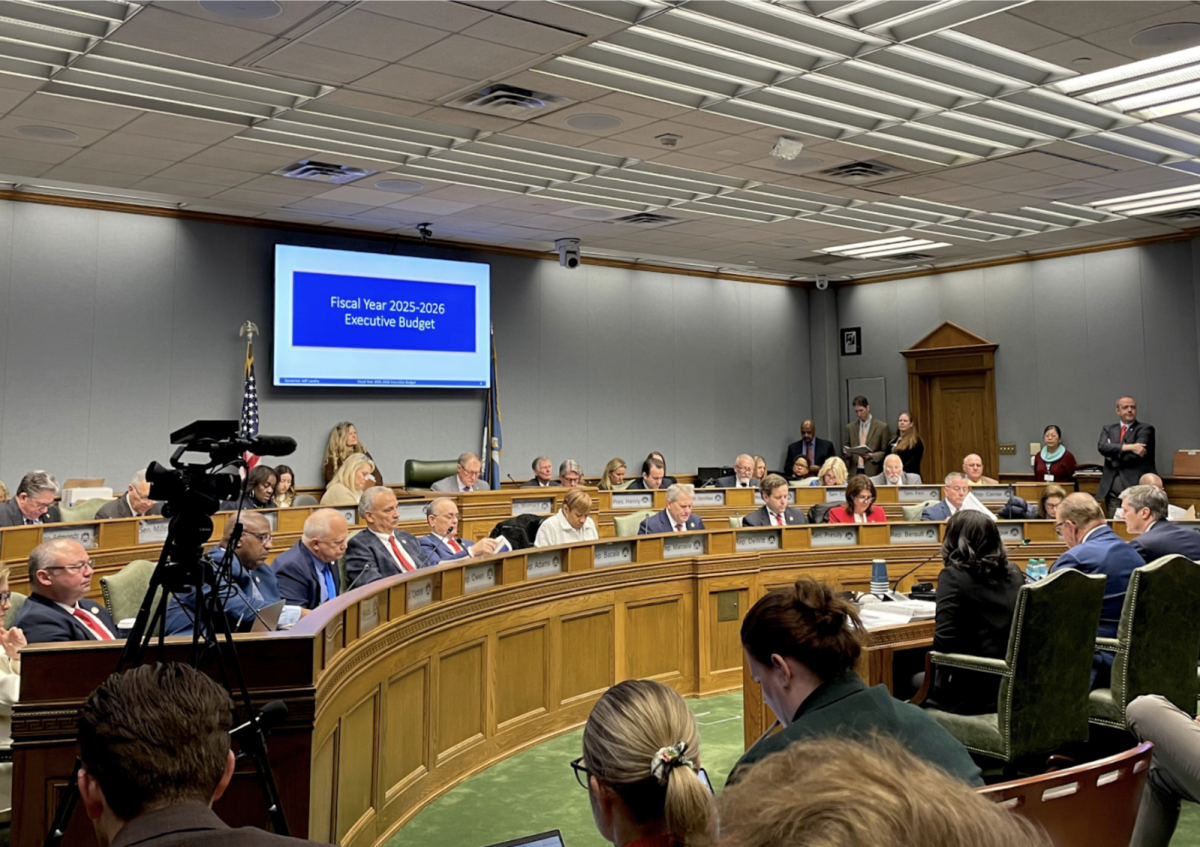LSU’s chapter of BridgeUSA hosted a discussion Tuesday night at the French House, analyzing the Trump administration’s first month in office through open dialogue.
Hoping to ease political polarization, BridgeUSA is focused on bringing together students from across the political spectrum together for structured conversations on current events.
“BridgeLSU is a non-partisan organization with goals to bridge the gap between political polarization,” said Kelsey Womack, a political communications sophomore and president of BridgeLSU. “So it’s not a debate. It’s a discussion.”
Tuesday’s conversation centered on President Trump’s early policy decisions, including tariffs, immigration policies and his approach to federal employment.
“The main topic today is Trump’s first month and some of the decisions that he’s made, and we’re just going to go through and talk about how we feel about some of those decisions that have been made, and just hear both sides of the story,” Womack said.
Students exchanged ideas on the economic impact of tariffs, weighing both the short and long-term effects on the American consumer. They discussed Trump’s executive order suspending access to the southern border, the precedent Trump has set for future executive positions and what they viewed as the best and worst decisions made so far.
“I think that everything Trump has done has been essentially a power grab within the Congress,” said Zane Jones, a construction management senior. “I believe in constitutional government, and that starts with the people’s house being the people’s house and setting policy. The president does not set policy.”
Elon Musk’s role in the federal government and the sudden changes in immigration policy affecting asylum seekers also played a large role in the discussion.
“This is tangential to that, but Elon Musk has kind of set government policy along with Donald Trump,” Jones said. “I think it’s also telling that you have Sean Hannity interview Elon Musk and Trump at the same time like there were co-presidents.”
Other students weighed their positives of Trump’s new term with their negatives, taking a balanced approach characteristic of the night’s discussions.
“I think his best decision was designating international gangs or cartels as terrorist organizations,” said Quinn Williams, an international studies senior. “I think his worst decision would be flooding the news cycle right now by signing back-to-back consecutive orders, not allowing people to catch up with what he’s doing.”
The event remained cordial and informative throughout, achieving just what BridgeLSU set out to do.
“We’re not trying to sway or persuade anybody’s opinions, but just hear each other out so we can try to bridge that account,” Womack said.





